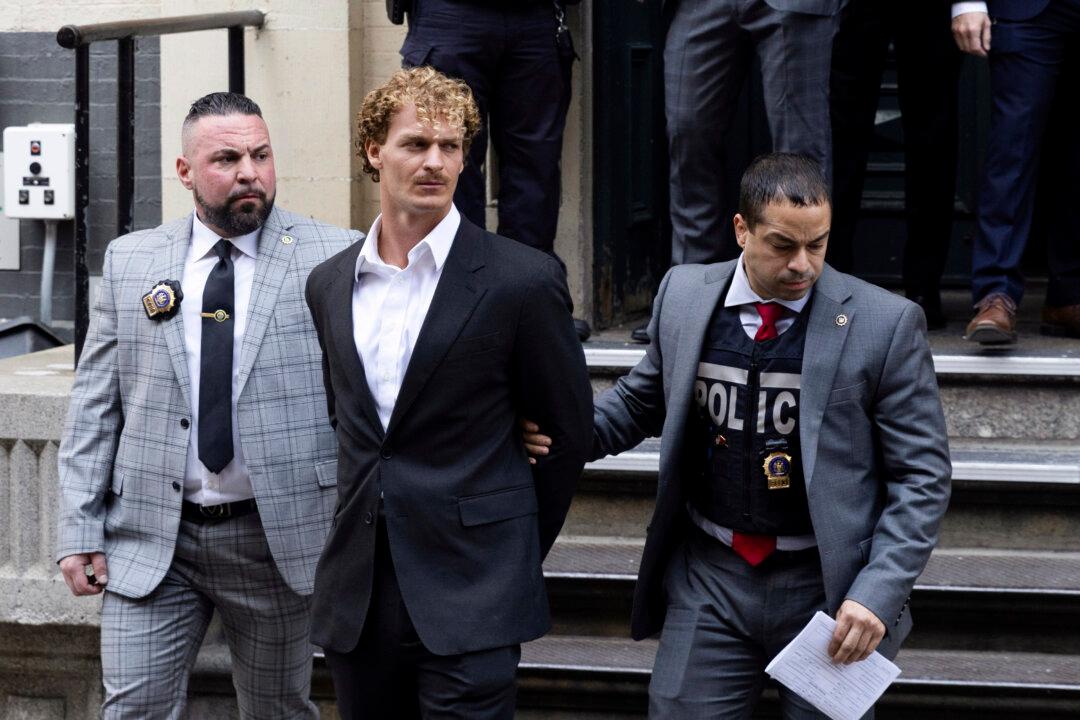NEW YORK—Dr. Cynthia Harris, a New York City medical examiner, took the stand on Nov. 15 in the trial of Daniel Penny, the Marine who put Jordan Neely in a hold and held him down, and stated that she blamed Penny’s chokehold, not the powerful drugs she found in Neely’s system, for the man’s death.
Harris suggested that a powerful intoxicant played a role in making Neely hyper-aggressive before the May 1, 2023, encounter on the F train began, but went on to state she had no doubt that Neely died as a result of the pressure exerted on his neck and the cutoff of oxygen to his brain.





